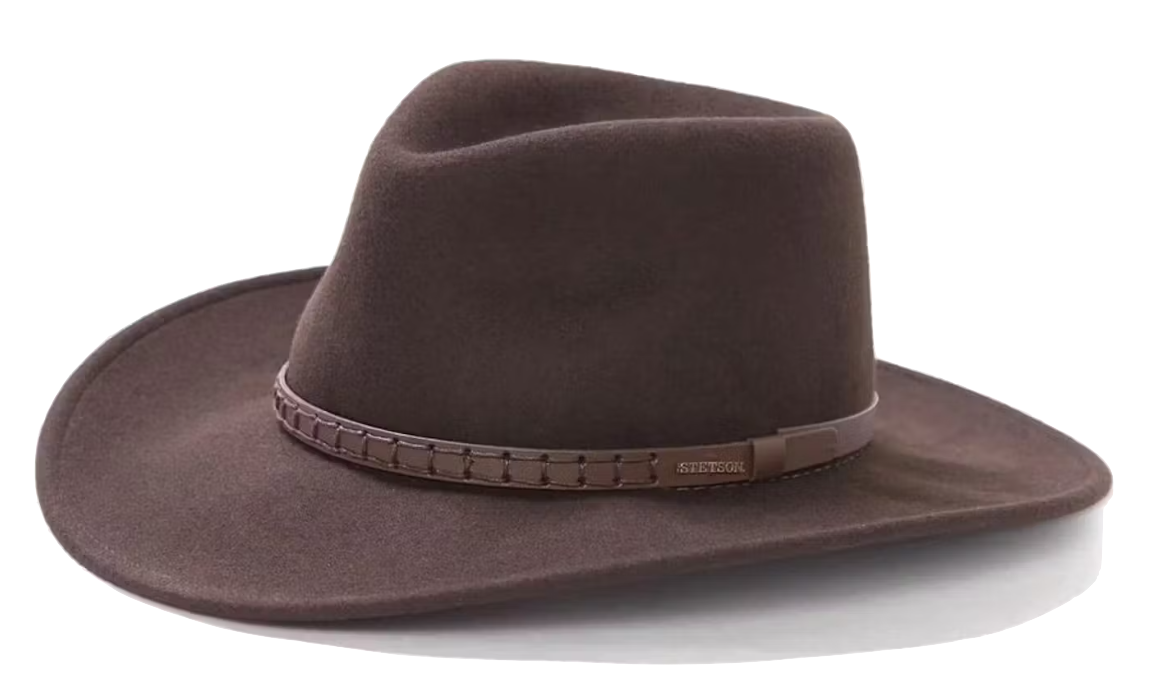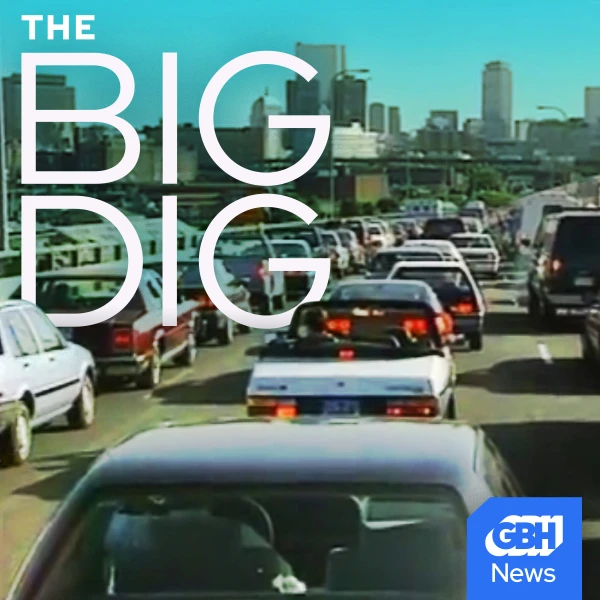Rob Reiner: "Whatever you like to do, do a lot of it. Do it every day."

I was fortunate to have met and shared a meal with Rob Reiner some years back. I wanted to take a moment to share this story on the sad occasion of his death this week.
It was 2003 or so. I lived and worked for Akamai in Boston. I had been going back and forth to San Mateo office a fair bit that year, often taking a red eye home from San Jose. Back then the San Jose airport was smaller than it is now, and was especially quiet at the evenings. Not a lot of dinner options, so McDonald's it was.
That day I was surprised to recognize Rob Reiner in line right in front of me! He was traveling with some assistant-type person, patiently waiting. I tend to not bother celebrities in public, but I was moved to say something.
Sef: Hello Mr. Reiner. Forgive me but I just wanted to say how much I enjoy your work. I'm a really big fan.
Rob Reiner (big grin): Hi! What's your name? Thanks for introducing yourself. What have I done that you like?
I think he genuinely wanted to know. I knew his big films pretty well — When Harry Met Sally was the most popular, A Few Good Men had been up for Best Picture, Spinal Tap is well, Spinal Tap. These are all really great films.
Sef: The Princess Bride, hands down. I love the story and I love what you did with it.
Rob Reiner: I'm glad you said that. That's my favorite too.
Hearing that was more than I'd hoped for. I thanked him and begged off so he could order his burger and have dinner in peace. But no, in that New Yorker voice and with a big smile he said, "C'mon, let's have cheeseburgers!" The three of us all sat.
We had a nice talk over dinner. He asked questions and seemed genuinely interested in what I did -- work, family. But the highlight was toward the end.
Rob Reiner: What else can I answer for you?
Sef: What would you tell someone early in their career?
At this point I was about thirty years old, so hardly that early in my own career, but I was asking in a genuine way. He answered straight away.
Rob Reiner: Whatever you like to do, do a lot of it. Do it every day. Me, I like writing so I try to do that of it every day if I can. That's how you get good.
He then told a few stories about people he'd met who don't do this. I guess when you're someone like him, people ask you frequently for jobs or if you'd produce their movie or whatnot. He said he asks what was the last thing they'd written, or what they were working on now, or what'd they'd written today. And he could tell if they did it often and did it for fun. If they didn't do it often, then how good a writer were they likely to be?
I was struck by what a nice and interesting, and interested, person Rob Reiner was. It was incredibly generous for him to spend time with a fanboy when he could be off duty and just enjoying his cheeseburger. What a gem.


